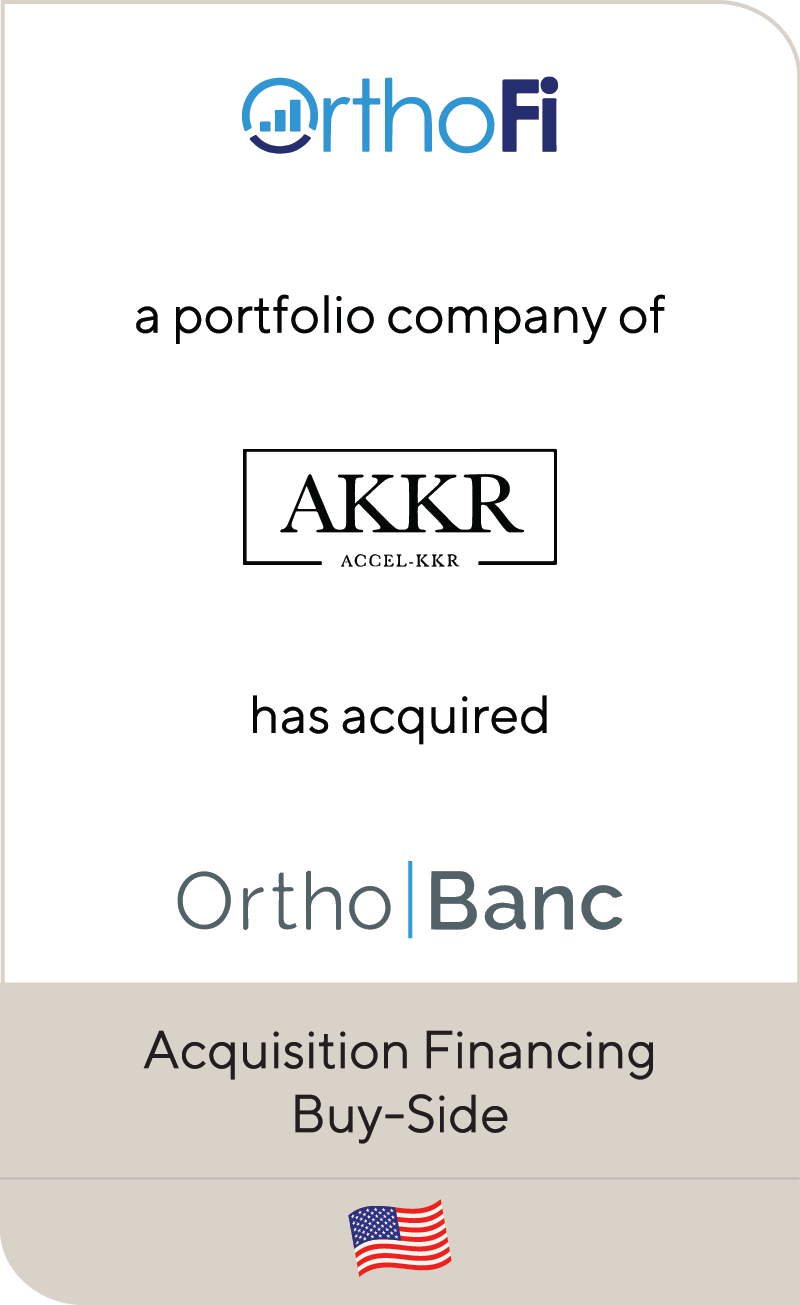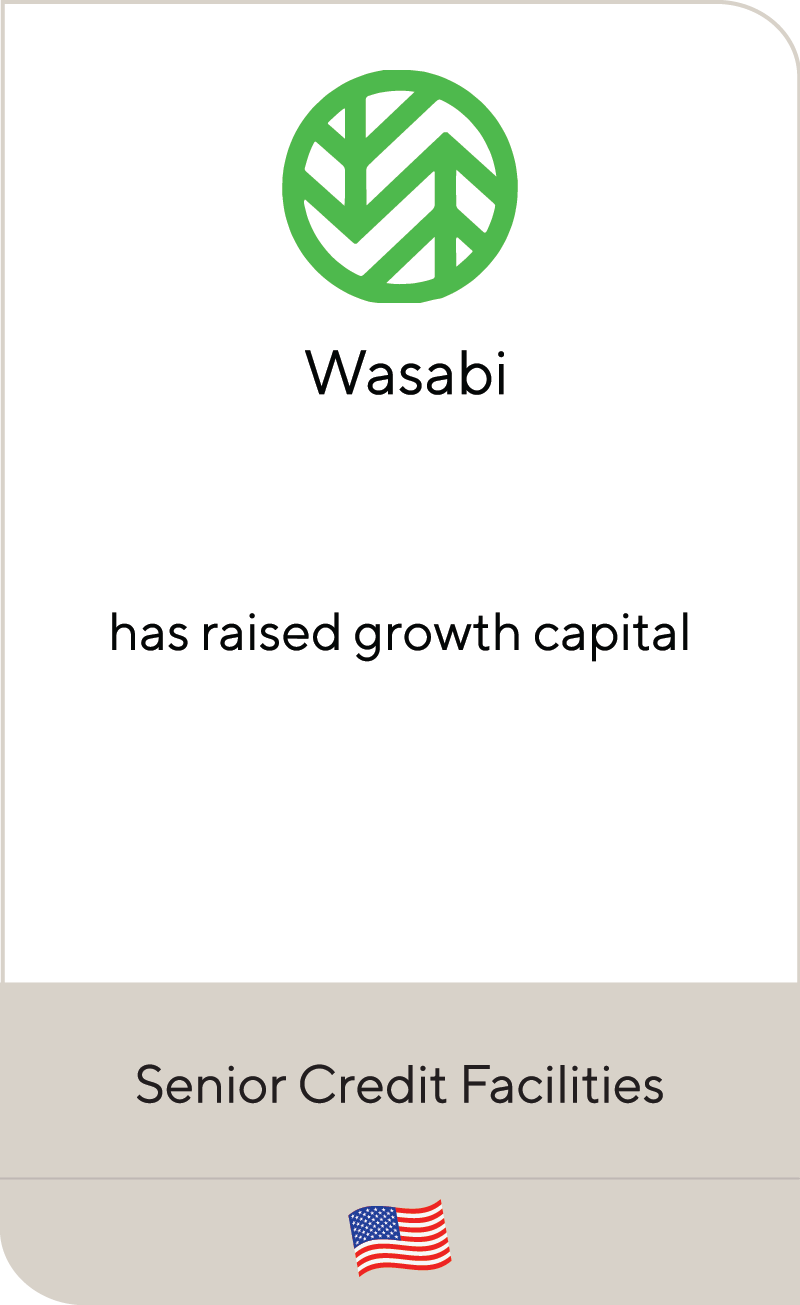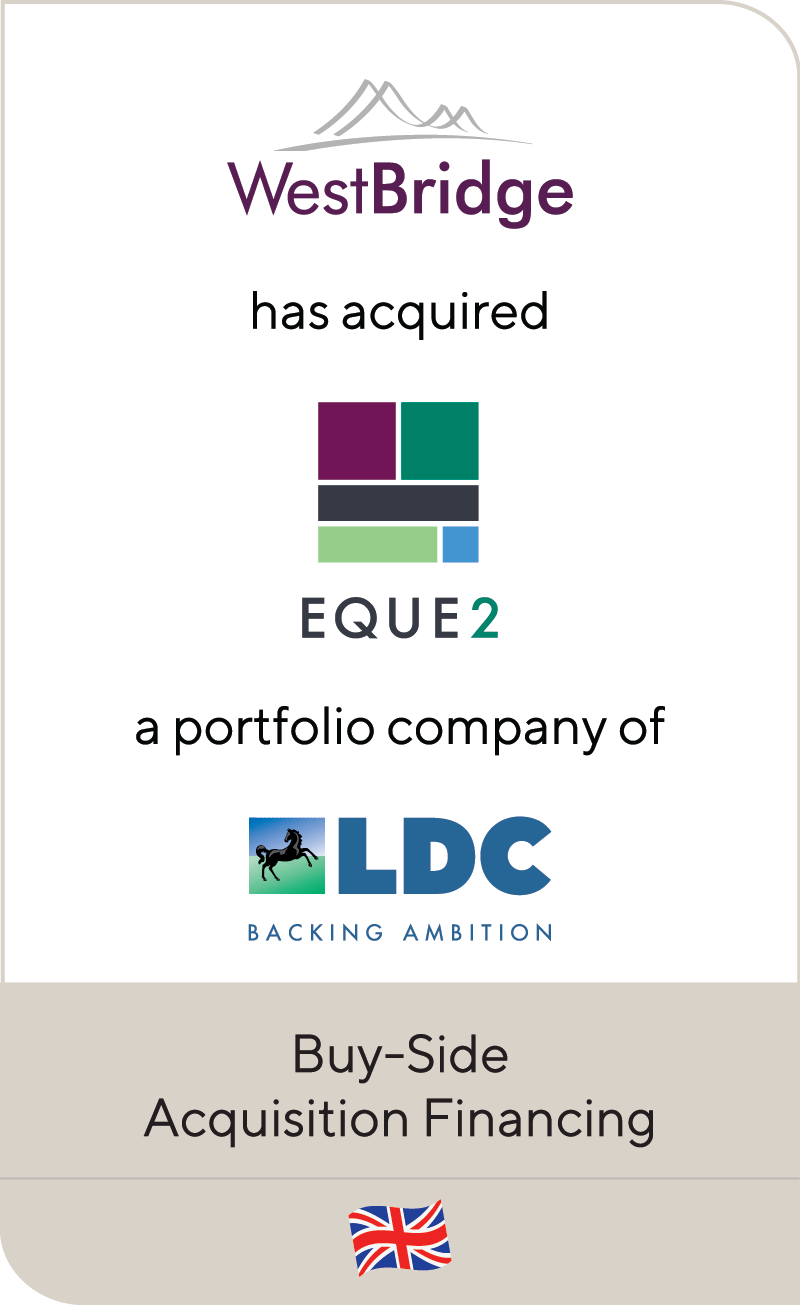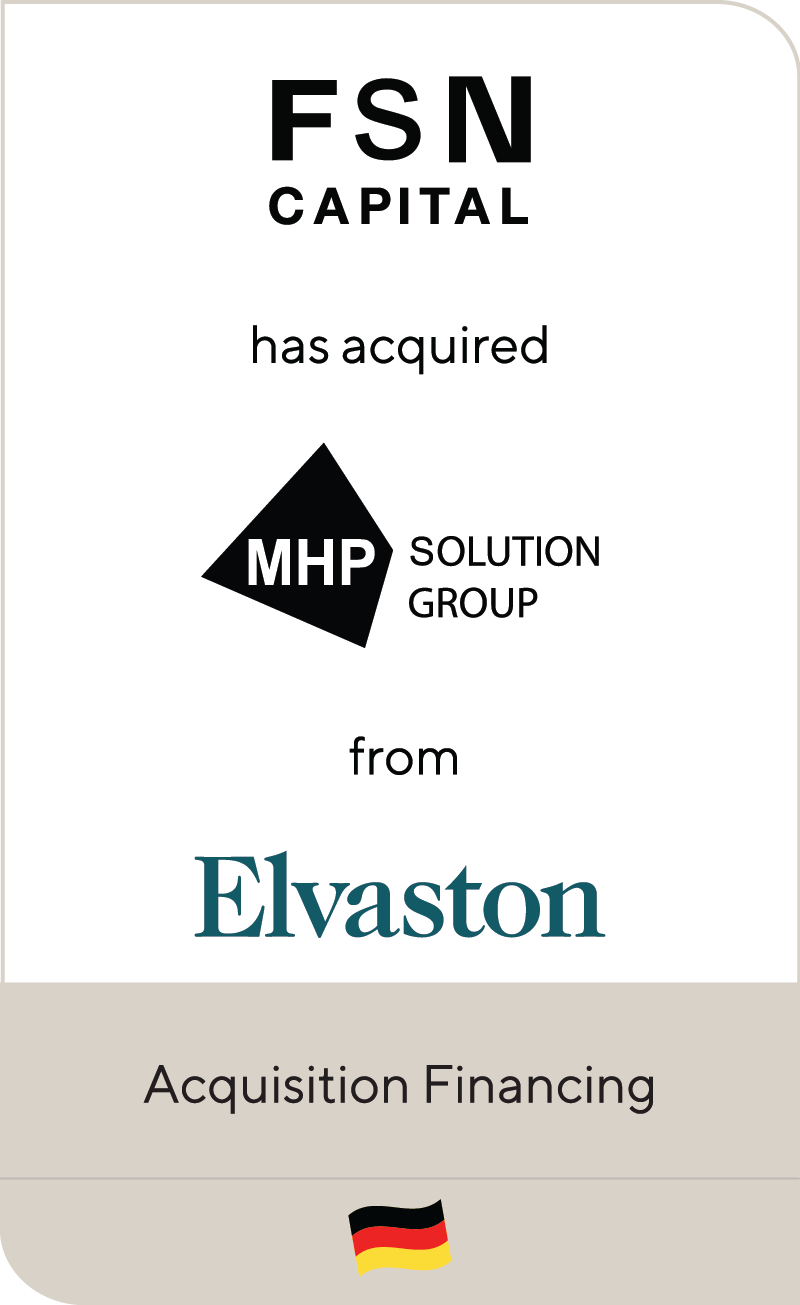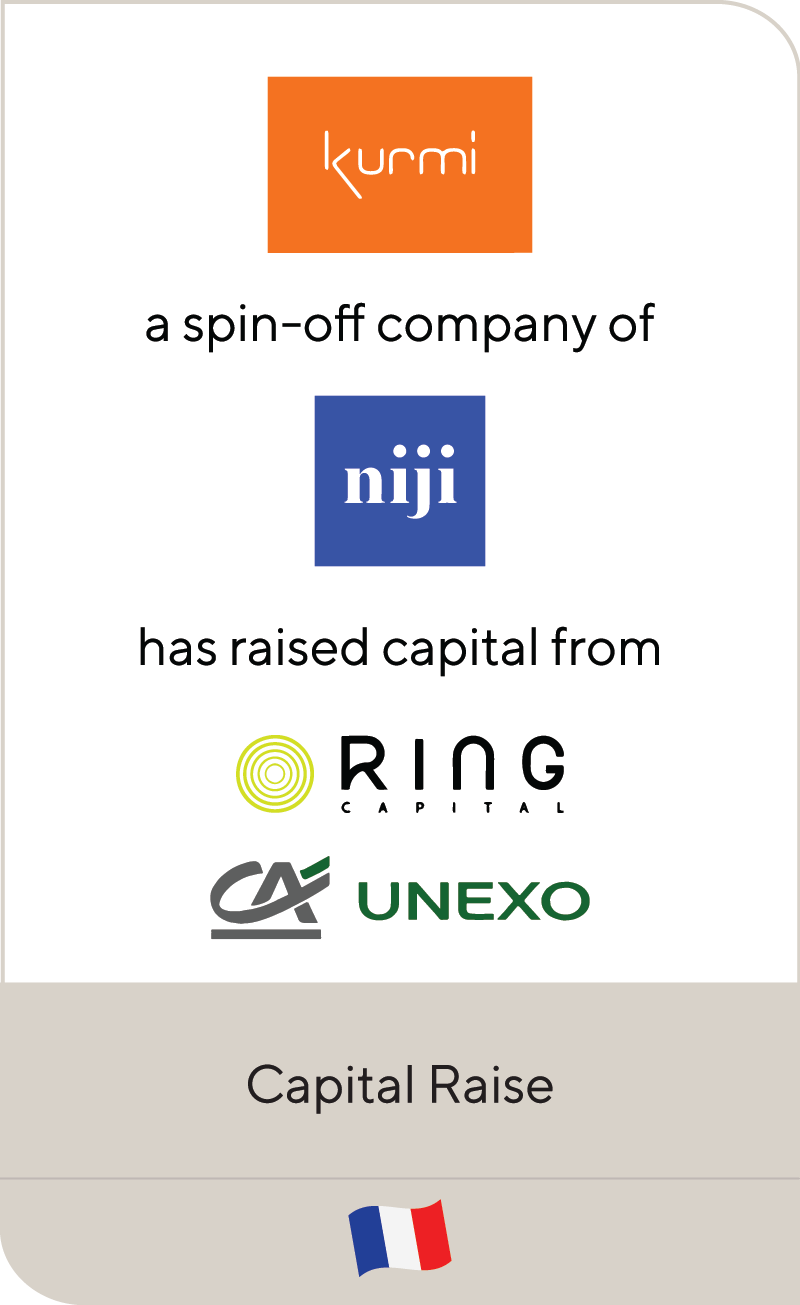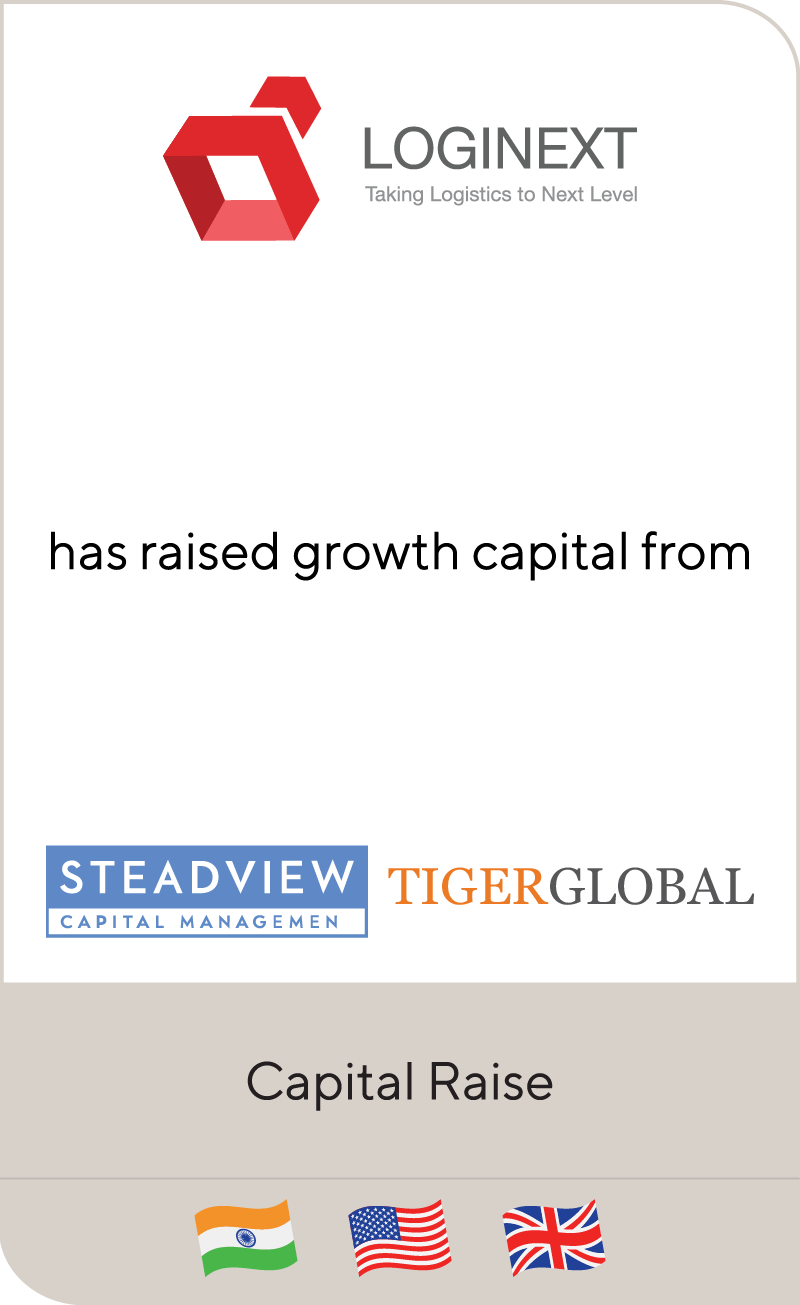No EBITDA, No Problem: Software Financing and the Rise of the Non-Bank Lender Market
The technology sector has been a bright spot for years. Even during the challenges created by the pandemic, our Lincoln International M&A bankers are seeing record levels of software investments from private equity (PE). The COVID-19 pandemic has propelled software companies to unprecedented growth and valuation levels, attracting the interest of equity and debt investors alike. Yet, one client pain point we have seen is how PE sponsors can best position their software portfolio companies without EBITDA to access debt financing and invest in their growth trajectory.
COMPLETED SOFTWARE DEALS 2015-2020
Click to Enlarge
Source PitchBook Data, Inc.
Sponsors have focused on high-growth software businesses—even though the deals were traditionally more difficult to finance due to their break even or negative EBITDA profile. PE firms investing in software or software companies looking to raise debt struggled because the targets were reinvesting in their growing businesses, creating a strain on their cash flow and therefore making them unsuitable for the typical cash flow-based financing structure. We, however, have seen a meaningful shift in the market. With the rise in nonbank lenders, software businesses that typically trade on revenue multiples are becoming increasingly financeable. Traditionally, sponsors would think of a handful of specialty banks or lenders in this market. Today, their options have expanded exponentially due to the proliferation of venture debt funds, more commercial banks and other specialty technology lenders who are comfortable lending to companies based on recurring revenue, rather than EBITDA. This shift stems from a variety of factors including overall technology growth and increased PE SaaS investments, record levels of debt fundraising that needs to be deployed, more demonstrable returns in earlier stage situations, desire by lenders to grow their technology portfolios as well as trusting relationships with experience working with non-bank lenders.
Now is an opportune time for software companies to tap the depth of the lending market and seek financing to support their growth plans.
To that end, over the past five years Lincoln International has advised on more than 40 software financings on both sides of the Atlantic—bringing the firm’s expertise in working with U.S.-based, growth stage software companies to Europe.
Based on these ongoing conversations with lenders in both the U.S. and Europe, Lincoln pinpointed common characteristics that lenders look for when lending to software companies. Identifying with even just one of these characteristics can open the door to increased financing options:
| A recurring revenue model with high revenue retention | |
| Consistent and sustainable revenue growth | |
| Minimal capital expenditures (lenders view capitalized R&D as an expense) | |
| Strong gross margin profile | |
| Substantial equity cushion below the debt, whether cash or implied | |
| Significant product differentiation or leading market share | |
| Clear path to cash flow break even within 24-36 months post financing | |
| Demonstratable return on sales and marketing spend |
Before engaging in conversations with lenders, sponsors invested in software firms should consider:
- Is your capital structure restricting your ability to invest in or grow your platform most effectively?
- In a competitive process, do you have the optimal financing package to position yourself to win the asset?
- Do you know who are the most active players in the market today and what they are doing that is differentiated?
If you are thinking about engaging lenders, Lincoln International can help guide conversations and provide counsel—from how structures work to which lenders to contact—to ensure a smooth
process
Summary
-
Lincoln International's capital advisory experts pinpoint common characteristics that lenders seek when lending to software companies.
- Click here to download a printable version of this perspective.
- Sign up to receive Lincoln's perspectives
Recent Transactions
Contributors
Professionals with Related Expertise

By linking my experience in debt advisory and mergers and acquisitions, I look forward to delivering flexible and innovative financing solutions to make an impact that matters with long-term target clients, as Lincoln does best.
Daniele Candiani
Managing Director & Co-head of Capital Advisory, Europe
Milan
I build trust with clients by putting their interests first at all times.
Aude Doyen
Managing Director & Co-head of Capital Advisory, Europe
London
My approach with our bankers and clients is to listen, pay attention to detail, anticipate and keep an eye on the big picture.
James Sinclair
Managing Director & Head of Brazil
São Paulo

